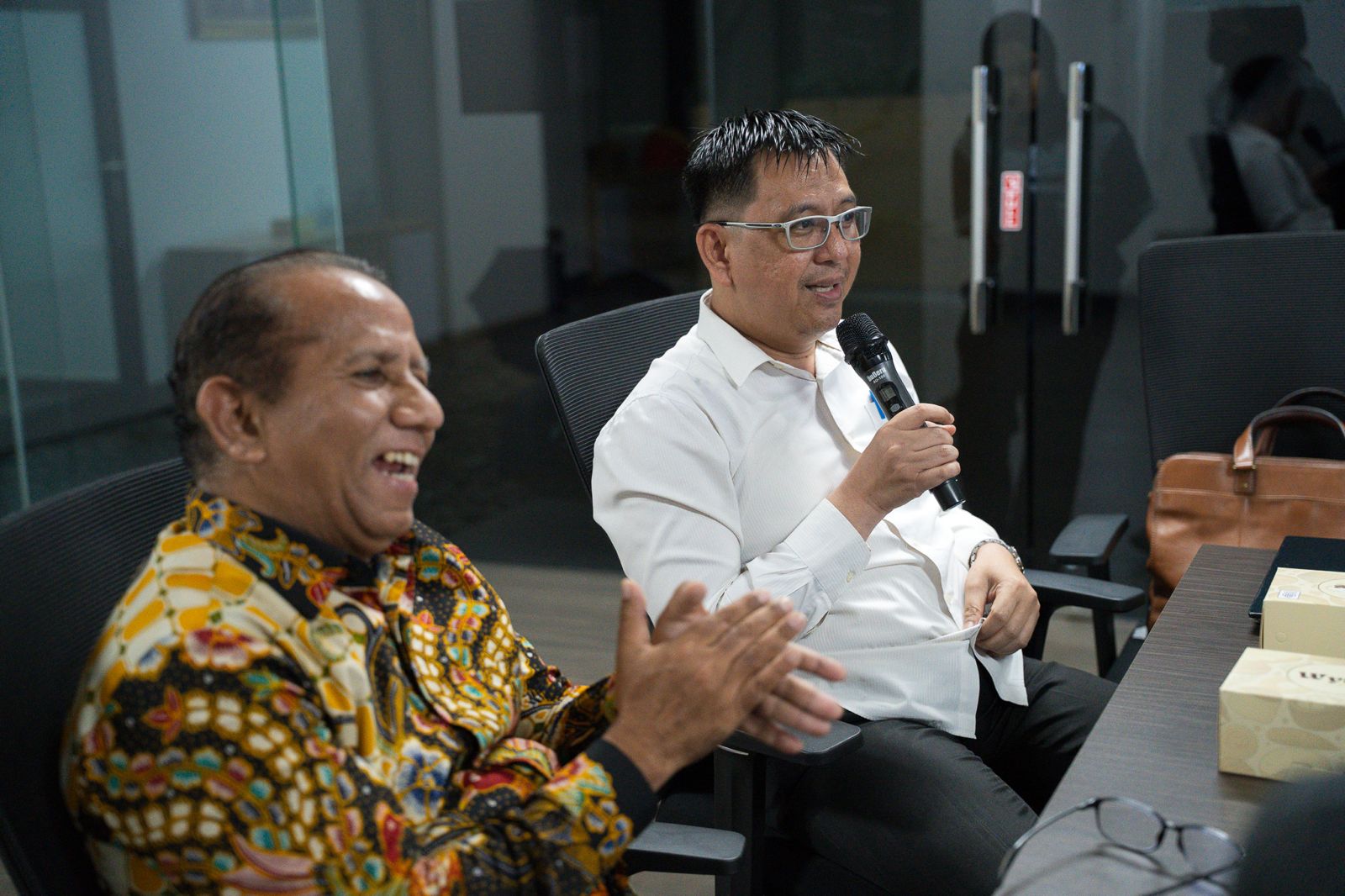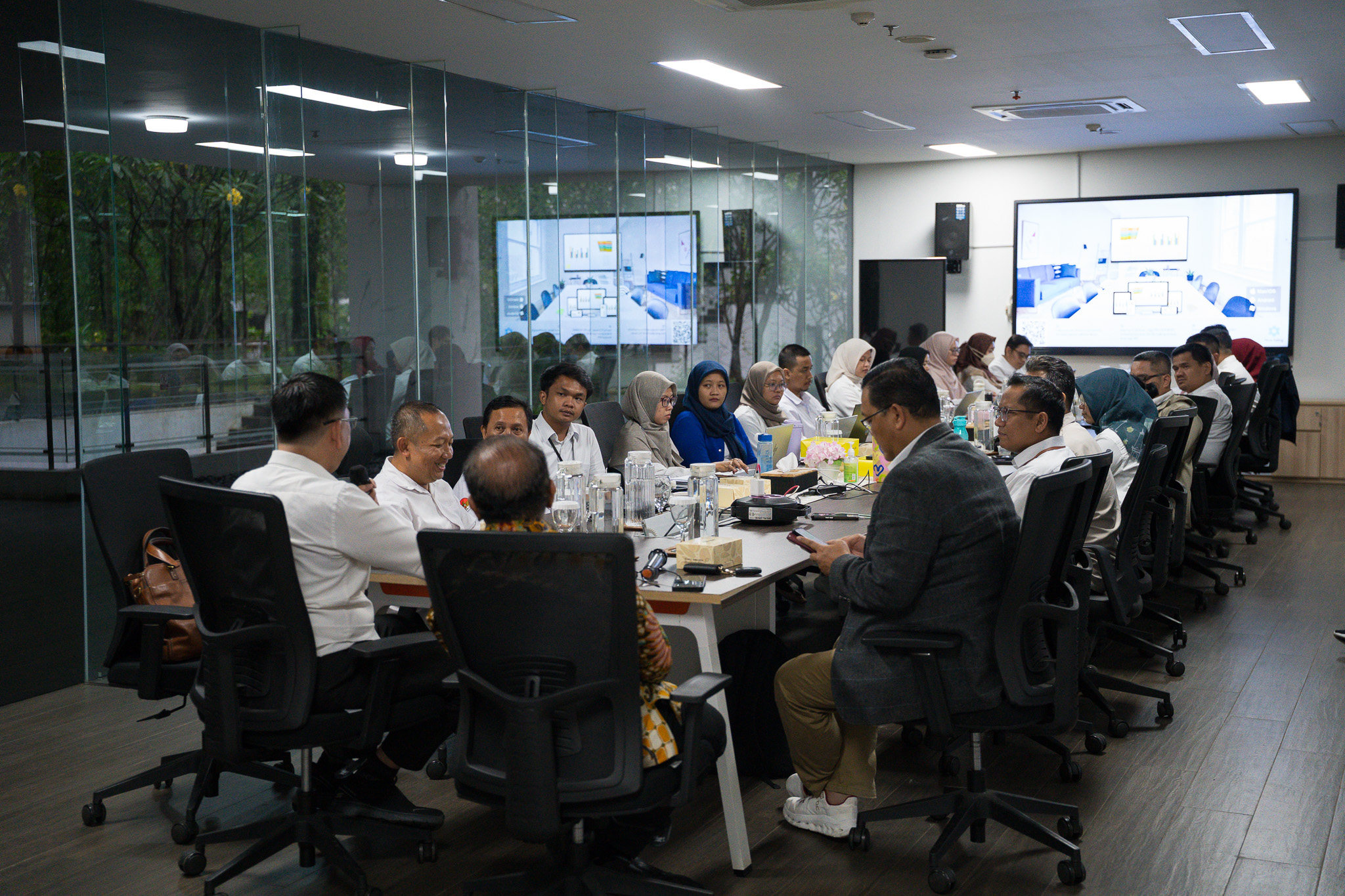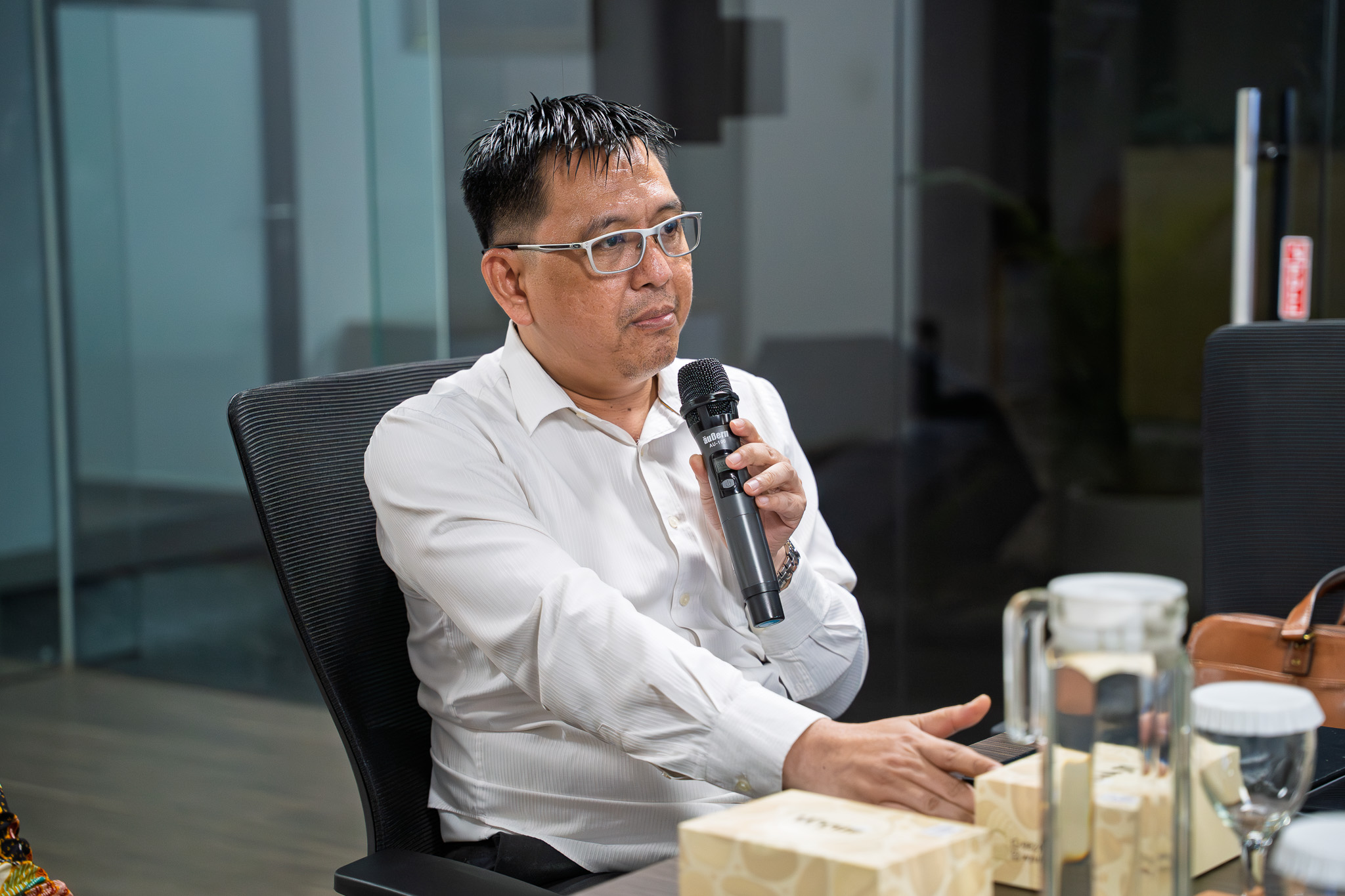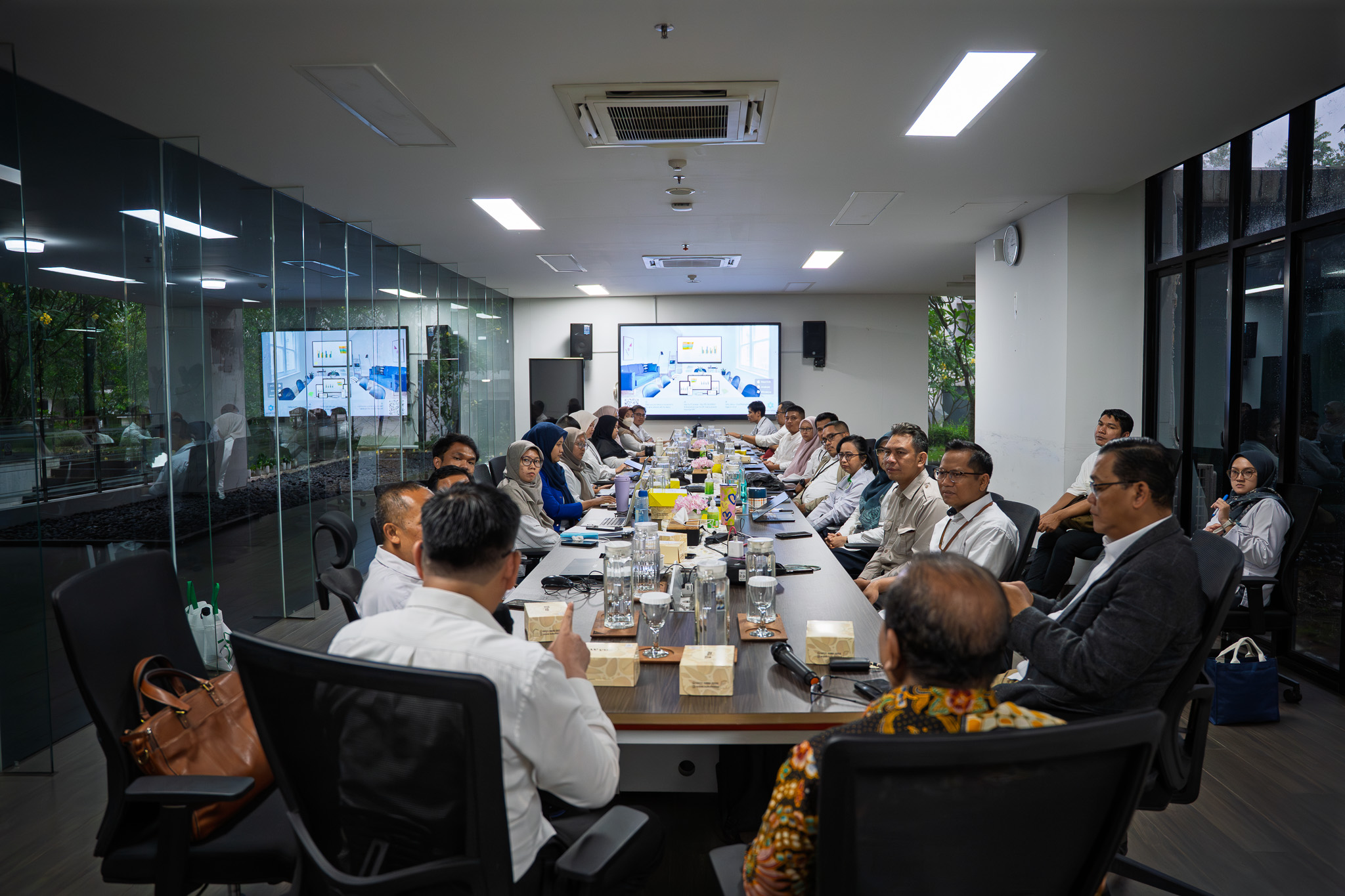More From News
UIII Builds a Bridge to Costa Rica
February 26, 2026
UIII Strengthens Its Academic Resources with Read Japan Project
February 25, 2026
November 18, 2025
By Dadi Darmadi | Photo: Achmad Jatnika

DEPOK, Indonesia — In a sleek, modern lecture hall at the Universitas Islam Internasional Indonesia, a group of new government employees received a lesson that mixed timeless advice with modern warnings—especially about social media.
The speaker was Dr. H. Wawan Junaedi, MA, the head bureau of human resources for the Ministry of Religious Affairs. On Tuesday, 18 November, 2025 he addressed a fresh batch of civil service candidates, known as CPNS, acting as both a mentor and a firm guide. His goal was to help bridge the gap between the habits of a younger, millennial workforce and the formal, structured world of government service.
 “Understand the rules that apply,” Dr. Wawan stated, beginning with the basics of their rights and obligations. But his talk quickly moved beyond the official rulebook to offer practical tips for succeeding in their new careers.
“Understand the rules that apply,” Dr. Wawan stated, beginning with the basics of their rights and obligations. But his talk quickly moved beyond the official rulebook to offer practical tips for succeeding in their new careers.
He shared a simple formula for success: meet clear work targets, maintain a strong professional ethic, and, most importantly, communicate regularly with supervisors. “Your work behavior must be good,” he emphasized, a straightforward piece of advice that hints at the complex social world of government offices.
 The most relatable part of his talk focused on life online. In a country where social media is a part of daily life, Dr. Wawan offered clear do’s and don’ts.
The most relatable part of his talk focused on life online. In a country where social media is a part of daily life, Dr. Wawan offered clear do’s and don’ts.
He acknowledged that many new recruits are used to creating content for platforms like TikTok and Instagram. “That is fine,” he said. However, he added a major condition: “But you must remember your status and your work schedule.”
He specifically warned against a common trend: posting lighthearted, fun videos while wearing official government uniforms or with national symbols in the background. Dr. Wawan cautioned, stressing the need to keep their professional and personal online lives separate.
 The session was not a one-way speech. It was also a chance for the new employees to voice their own questions and concerns. Their questions revealed the real-world challenges they are already facing, especially for those who will also work as university lecturers.
The session was not a one-way speech. It was also a chance for the new employees to voice their own questions and concerns. Their questions revealed the real-world challenges they are already facing, especially for those who will also work as university lecturers.
Dr. Asep Darmini, a new lecturer at FOSS UIII asked a key question: “How does one balance the duty to teach with the paperwork and administrative duties of a civil servant?”
Another lecturer, Dr. Bhirawa Anoraga from FIS UIII asked about office dynamics: “What is the best way for staff and their bosses to coordinate effectively within the government’s hierarchical culture?”
In response, Dr. Wawan emphasized the importance of integrity, smart time management, and staying focused on key responsibilities. The hope for all these candidates is that they will not only complete their probation period but grow into capable and trusted public servants.
Also present at the event were high-ranking officials from the university and the Ministry, including Dr. Chaider Bamualim, the University Secretary of UIII, and Mr. Hatta Aulia, SE, the Head of Organization, Human Resources and Legal Affairs.
The gathering was more than just an orientation. It was a snapshot of a modernizing Indonesia, where the government is working to integrate a new, digitally-savvy generation into its ranks, reminding them that serving the public comes with responsibilities that extend from the office to the online world. []
Universitas Islam Internasional Indonesia